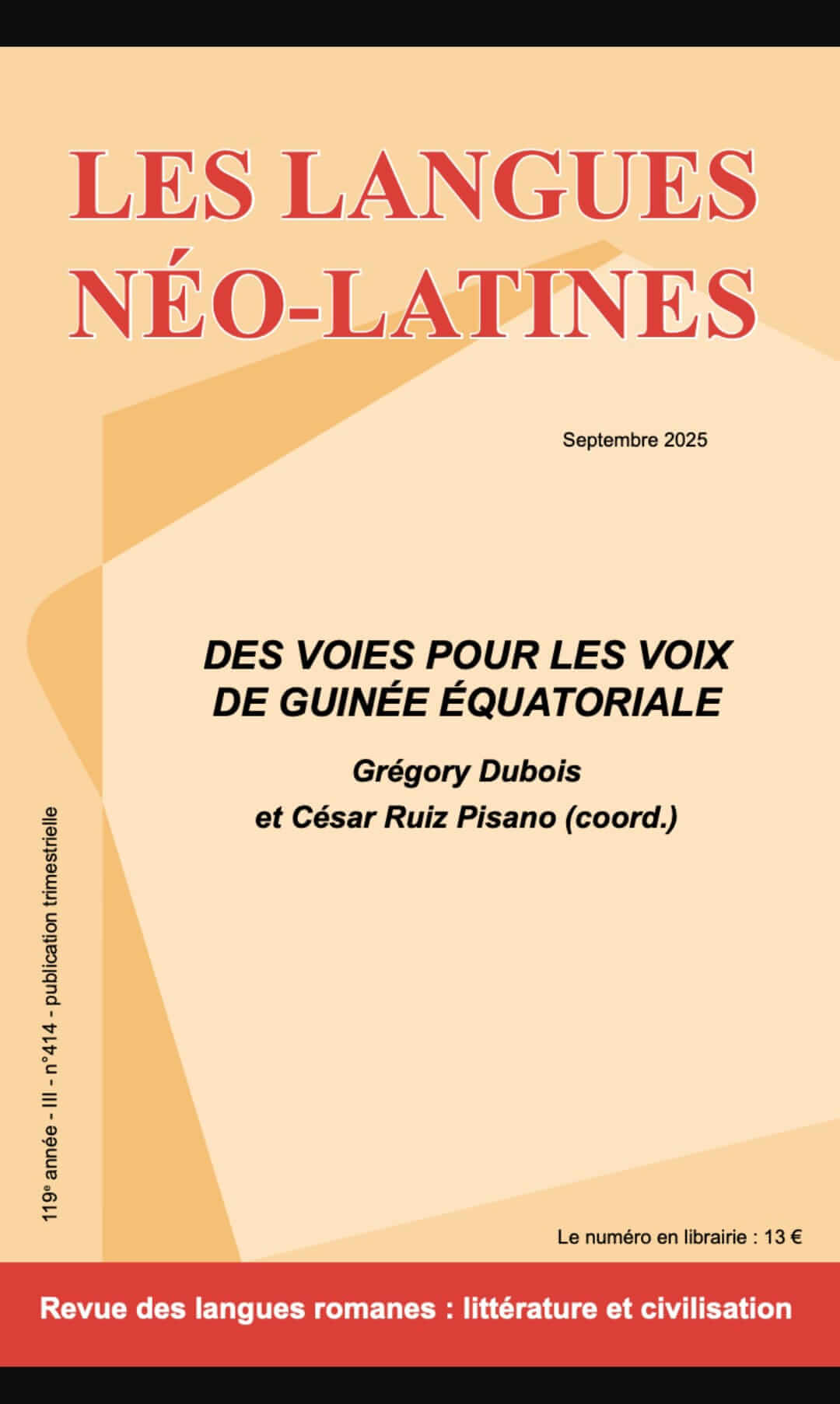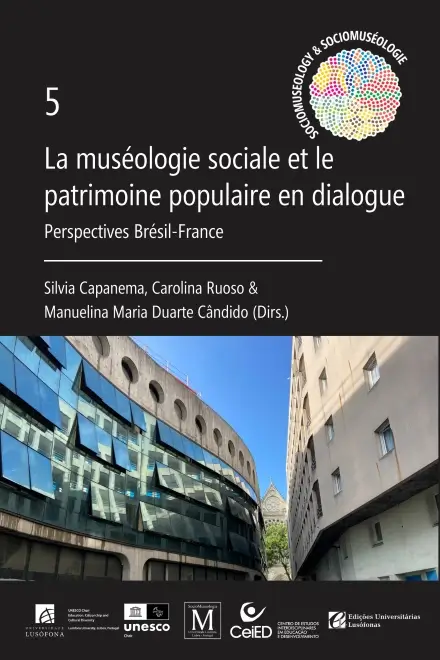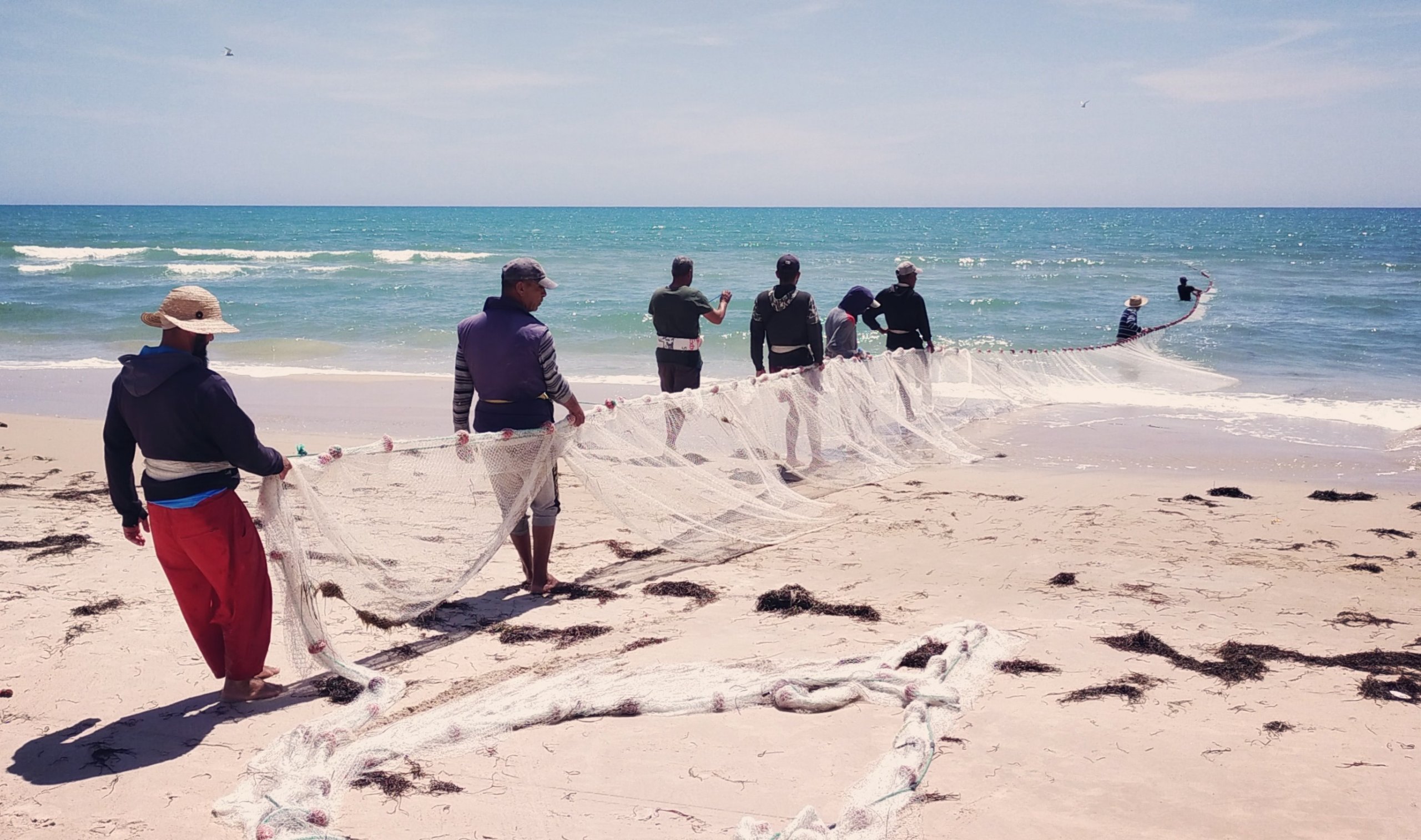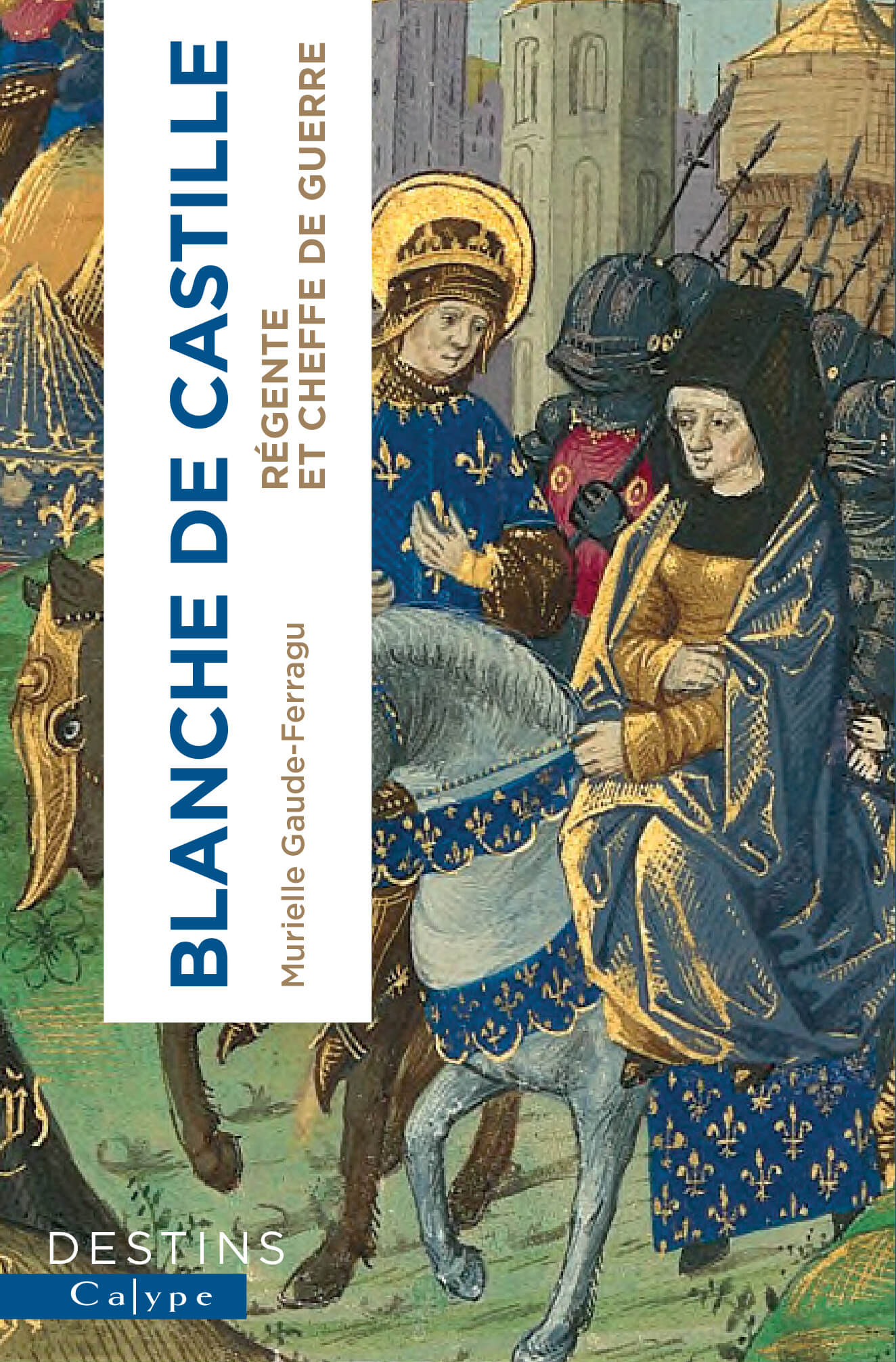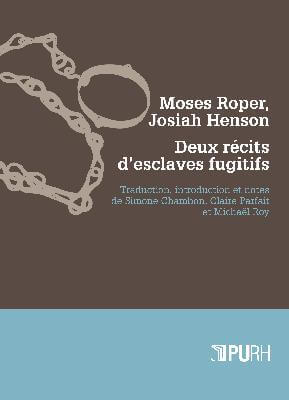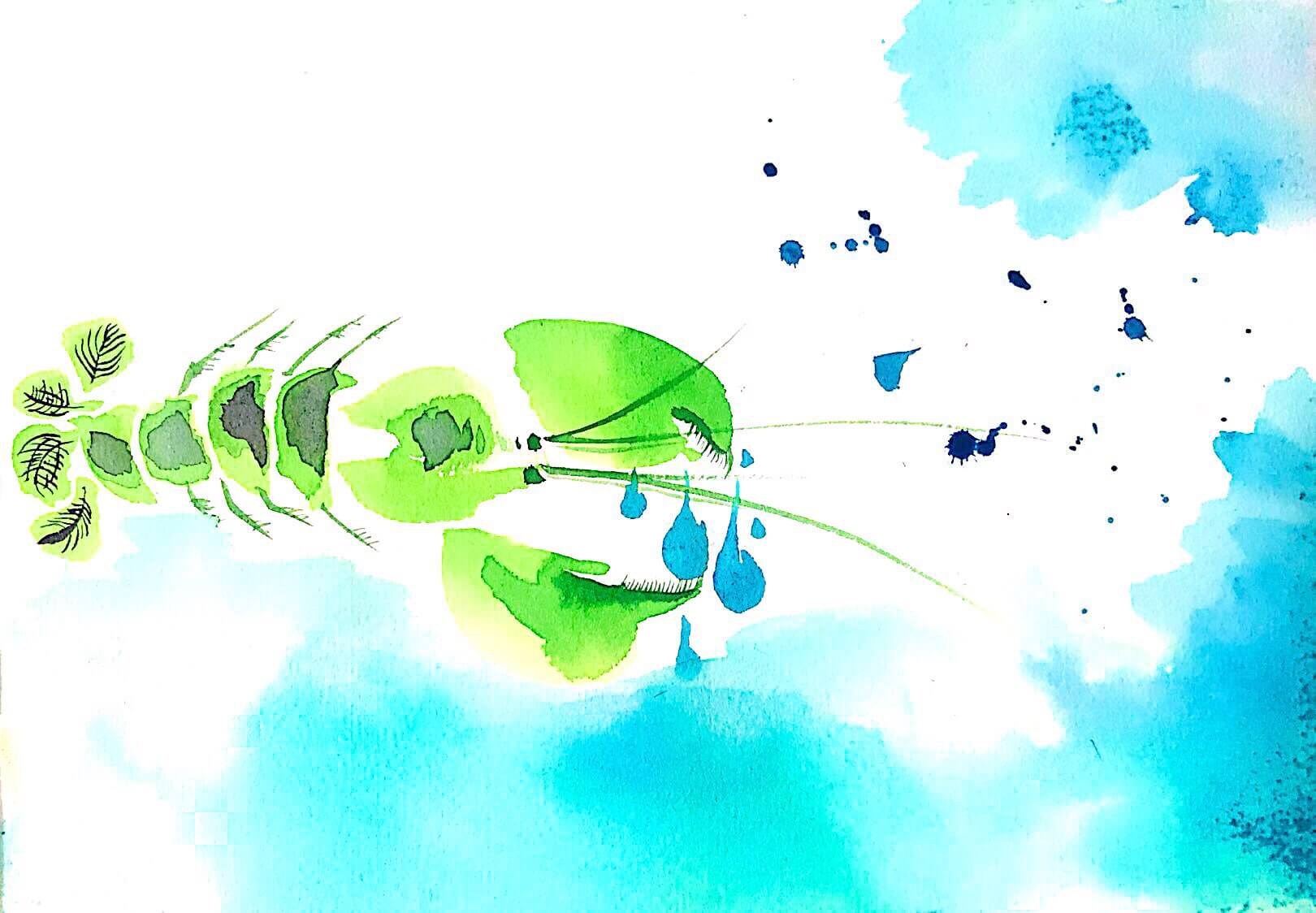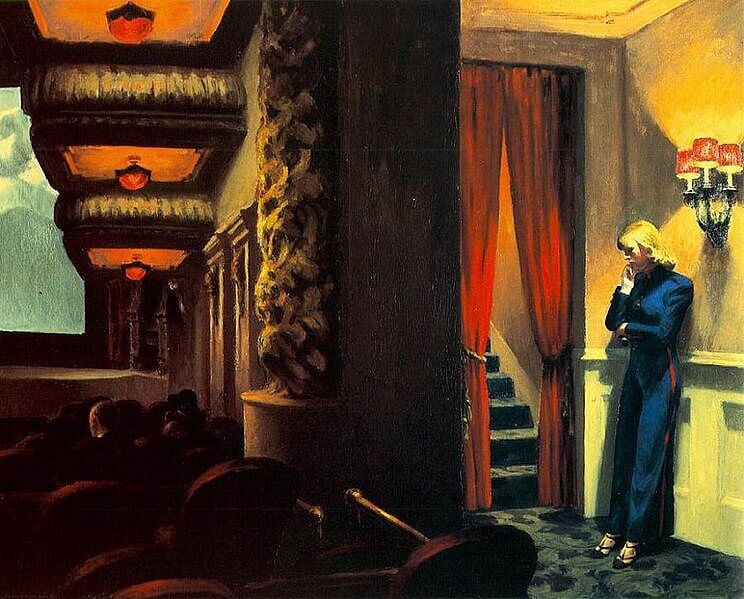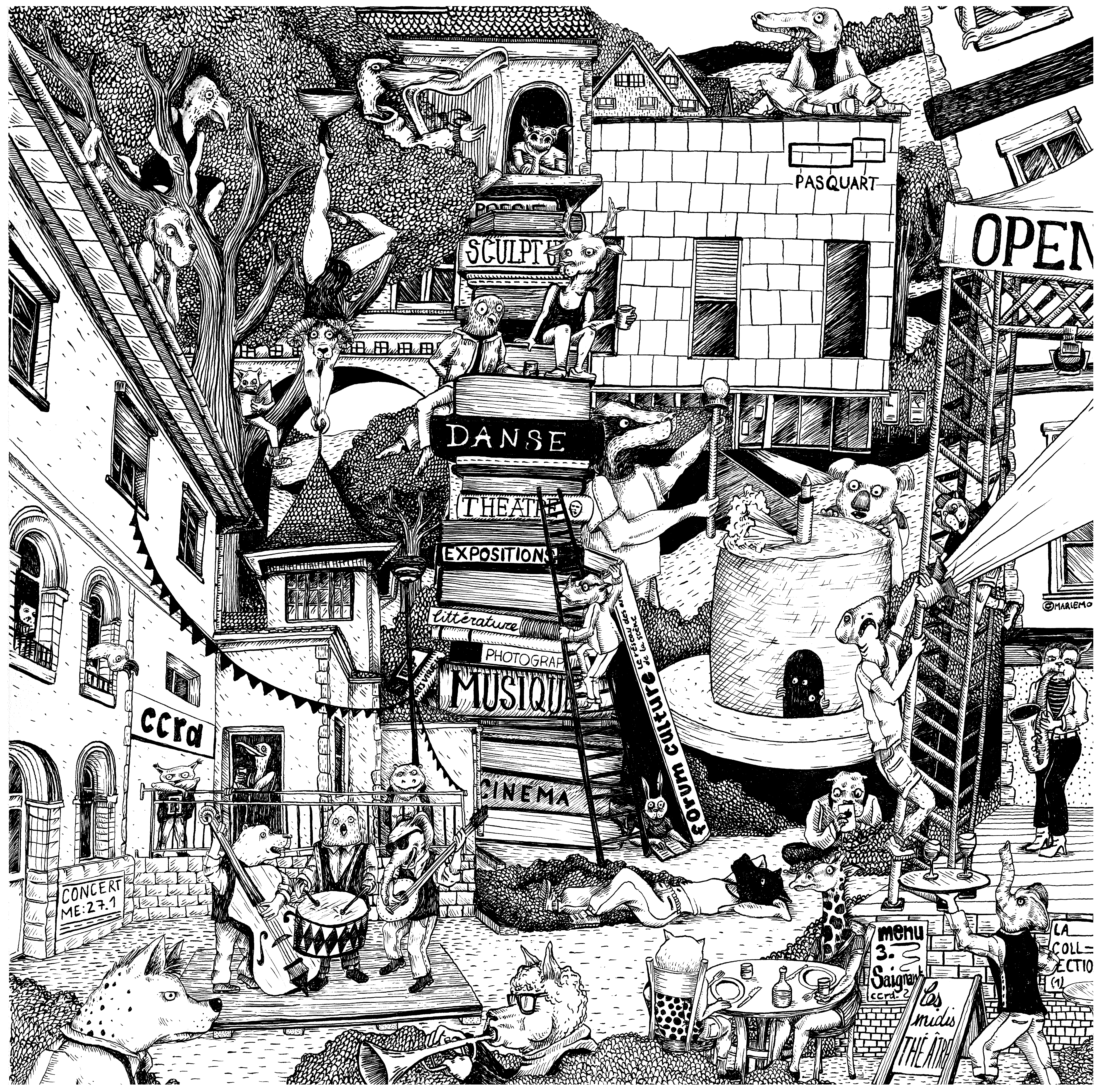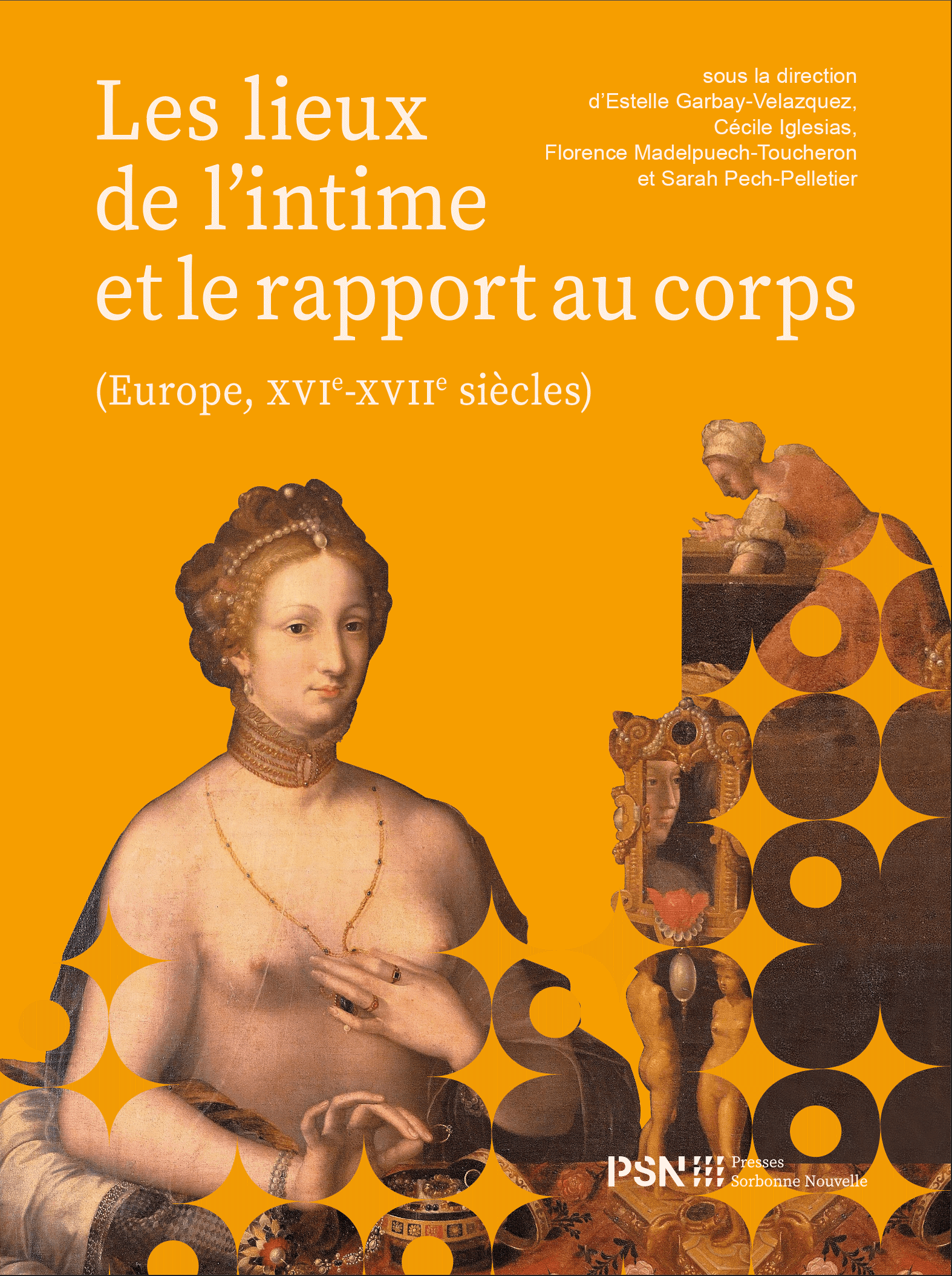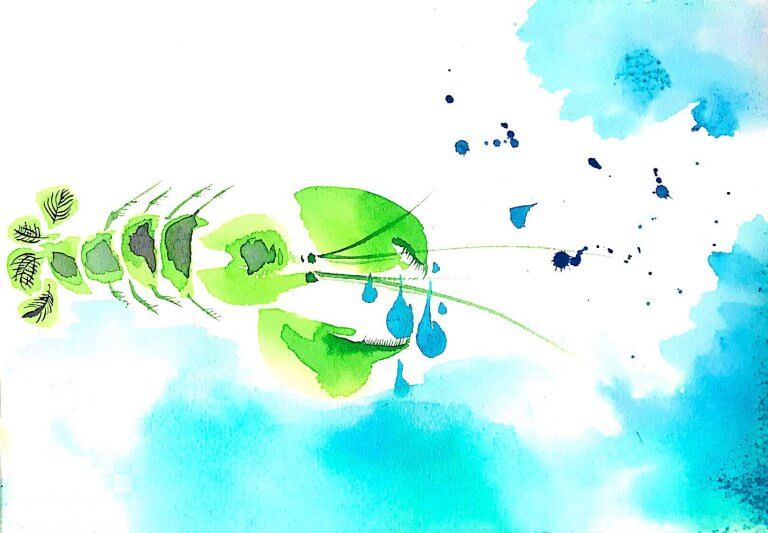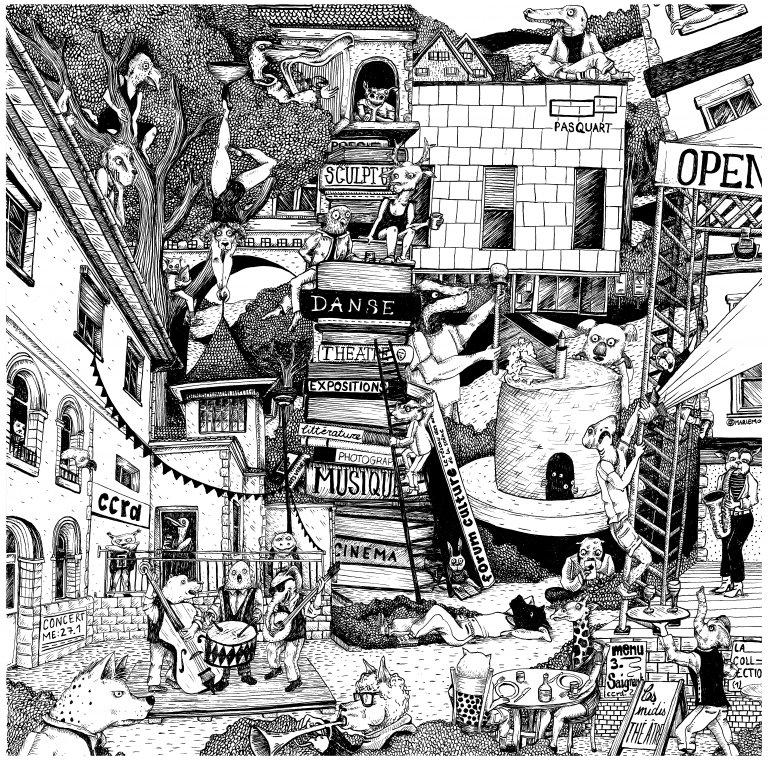Coordinateur·trices : Kamila Bouchemal, Akila Kizzi, Lily Robert-Foley et Heta Rundgren
Contributeur·trice·s : Michelle Franco Redondo, Marina Ledrein, Yoshiko Suto, Virginie Foloppe, Laure Bréaud, Jamie Herd, Miriam Sbih, Marie Kondrat, Marta Sábado Novau, Antonino Sorci, Savannah Kocevar
L’appel aux « pratiques situées » est né d’un travail collaboratif autour des Lectures féministes (feministreadings.org), des rencontres où nous avons envisagé d’autres façons de concevoir le savoir universitaire et d’être ensemble dans les contextes universitaires. Outre les moments de joie et de solidarité, ces rencontres ont servi d’exutoire aux sentiments de colère et de frustration face aux conditions de travail de celleux qui sont précarisé·es par les institutions et les pratiques universitaires et face à la reproduction des rapports de pouvoirs, de race et de genre, notamment. Mais plus le travail collectif avançait, plus nous sommes devenu·es conscient·es d’une contradiction centrale dans nos positionnements : les discours, les structures, les dispositifs de citationnalité et de légitimisation exigés par les pratiques académiques nous conduisent souvent à reproduire, malgré nous, les processus mêmes contre lesquelles nous luttons. Car les rapports de pouvoir s’inscrivent non seulement dans le choix des « objets » de recherche ou dans les théories adoptées et développées pour les « traiter », mais aussi dans la façon dont nous menons nos manifestations, nos enseignements et nos écrits : ils se cachent dans le tissu, les fils conducteurs de nos lectures, nos écritures. Comment alors faire de la recherche autrement, même dans un article de recherche ? Les textes de ce numéro répondent à cette question et la développent de manières plurielles, en ouvrant un petit espace-temps, un petit ailleurs, où nous avons cherché à faire autrement.
Sommaire :
Kamila Bouchemal, Akila Kizzi, Lily Robert-Foley et Heta Rundgren
Introduction au numéro
« Pratiques Situées : Critique en action des modes de production du savoir universitaire »
Michelle Franco Redondo
« Une pratique située : étudiante et travailleuse domestique »
Marina Ledrein
Écrire les gestes collectifs : les journaux du P. O. S.
Yoshiko Suto
« Derrière le miroir, un dossier d’Ebisu sur le cinéma japonais »
Virginie Foloppe
« De l’importance des luttes pour la pédagogie universitaire »
Laure Bréaud
Du corps ébrieux
Jamie Herd
« Être comme des arbres, être comme des zombies »
Miriam Sbih
« Espaces liminaux alternatifs et potentialités décoloniales : plaidoyer pour une lecture spéculative »
Marie Kondrat
« Le tokenism, ou les écueils de la visibilité »
VARIA
Marta Sábado Novau
Anecdote, pensée et autothéorie chez Barbara Cassin et Maggie Nelson
Antonino Sorci
Mimèsis narrative et lutte pour la reconnaissance
Savannah Kocevar
Lecture ethnocritique de la plaine indochinoise durassienne : représentations symboliques d’un espace-temps de la marge
Lien vers le site de l’éditeur : https://journals.openedition.org/itineraires/15279
